

Rapidly changing market dynamics present ports with major challenges. Port planning and development is no longer a long-term game. Product life cycles become shorter and circular, while industries are confronted with less determined futures. Ports within global supply chains are digital accelerators for efficiency and enablers of timely and reliable deliveries, instead of inevitable gateways where goods pass through. A mind shift is required to look critically at existing business models, while simultaneously developing new ones. Leading transitional change requires a different type of leadership. An executive in today’s port or port logistics industry should have ambidextrous leadership capabilities. Where issues are not perceived as dilemma’s, but as ‘both and’ considerations and solutions.
This course is offered by Rotterdam School of Management b.v.. For more information about the legal structure of Rotterdam School of Management, Erasmus University, visit this page.
This brand new Port Executive Leadership Circle in Rotterdam allows you: an executive from a port authority, port stakeholders or a captain of industry, to be part of an ongoing cycle of learning journeys, while enabling you to partner with other ports in a growing international network of port executives. These port executives will be the frontrunners who will drive ports towards the next level of competition.
This unique and specific educational programme has been developed by Erasmus University Rotterdam and Port of Rotterdam, using their combined knowledge and expertise. The programme builds leadership skills for port executives, based on their existing knowledge and expertise, and is specialised for the environment of port-based industries: The Port Executive Leadership Circle.
What makes this programme exceptional is the way it presents the educational experience. Its goal is to collect and share best practices and experiences of people already addressing ports’ challenges, and combine them with theories and knowledge from management research using RSM’s well-established framework of leadership education.
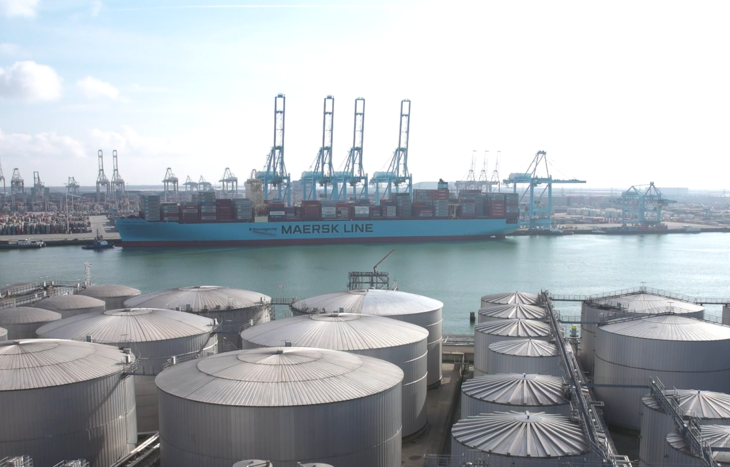
With more change, more leadership is needed. This programme covers the future challenges of ports, and the leadership traits you need to deal with. There was synergy between all participants at a strategic level, as everyone is part of port development and management business in various disciplines. This opened more discussion and debate channels that enriched sharing knowledge and experience.
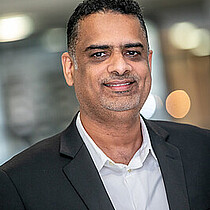
During the Port Executive Leadership Circle you will learn from Dr Hannes Leroy and Maurice Jansen. Occasionally we may substitute other faculty members according to the content of the programme and their availability.
Hannes Leroy is an associate professor at RSM, and academic director of the Erasmus Centre for Leadership. His expertise is in authentic and inclusive leadership, and how to develop it. His talent is facilitating personal development by bringing people out of their comfort zones. He has published research on effective leadership in organisations, particularly on how to develop leaders. A particular interest is authenticity and the development of authentic leadership, a leadership style that is anchored in the unique identity of each leader. He taught at Johnson School of Business, Cornell University, and has a PhD in applied economics and organisational leadership from the University of Leuven in Belgium.
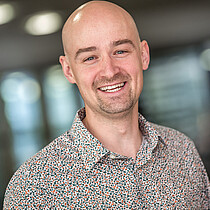
Urban Port and Transport Economics, Maurice researches how ports and port-cities can be developed sustainably with economic and societal values in mind. He develops and provides education that teaches port, supply chain and transport professionals how to deal with wicked problems such as zero waste, carbon neutrality and digitization. Previously, he directed the MSc Shipping and Transport at the Netherlands Maritime University of Applied Sciences. He was also supply chain solutions developer at freight forwarding company UTi Worldwide, and transport consultant at KPMG Consulting.
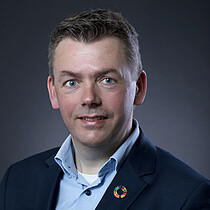
€ 7,500 (excl. 21% VAT) including course materials, lunches, and snacks. This fee does not include hotel accommodation.
25% discount for alumni from Erasmus University Rotterdam and RSM.
All of our short courses can also be delivered as personalised in-company training to groups of employees from the same organisation. This enables us to develop a comprehensive programme that focuses on your organisation’s own unique situation and issues.
Rotterdam School of Management, Erasmus University (RSM) offers a dynamic learning environment for professionals looking for new skills and knowledge in business and management education.
This programme takes place in Bayle building on the Woudestein Campus of Erasmus University Rotterdam, just 15 minutes by public transport from Rotterdam city centre. Our modern and lively campus has innovative study facilities, sustainable design, and calming green spaces.
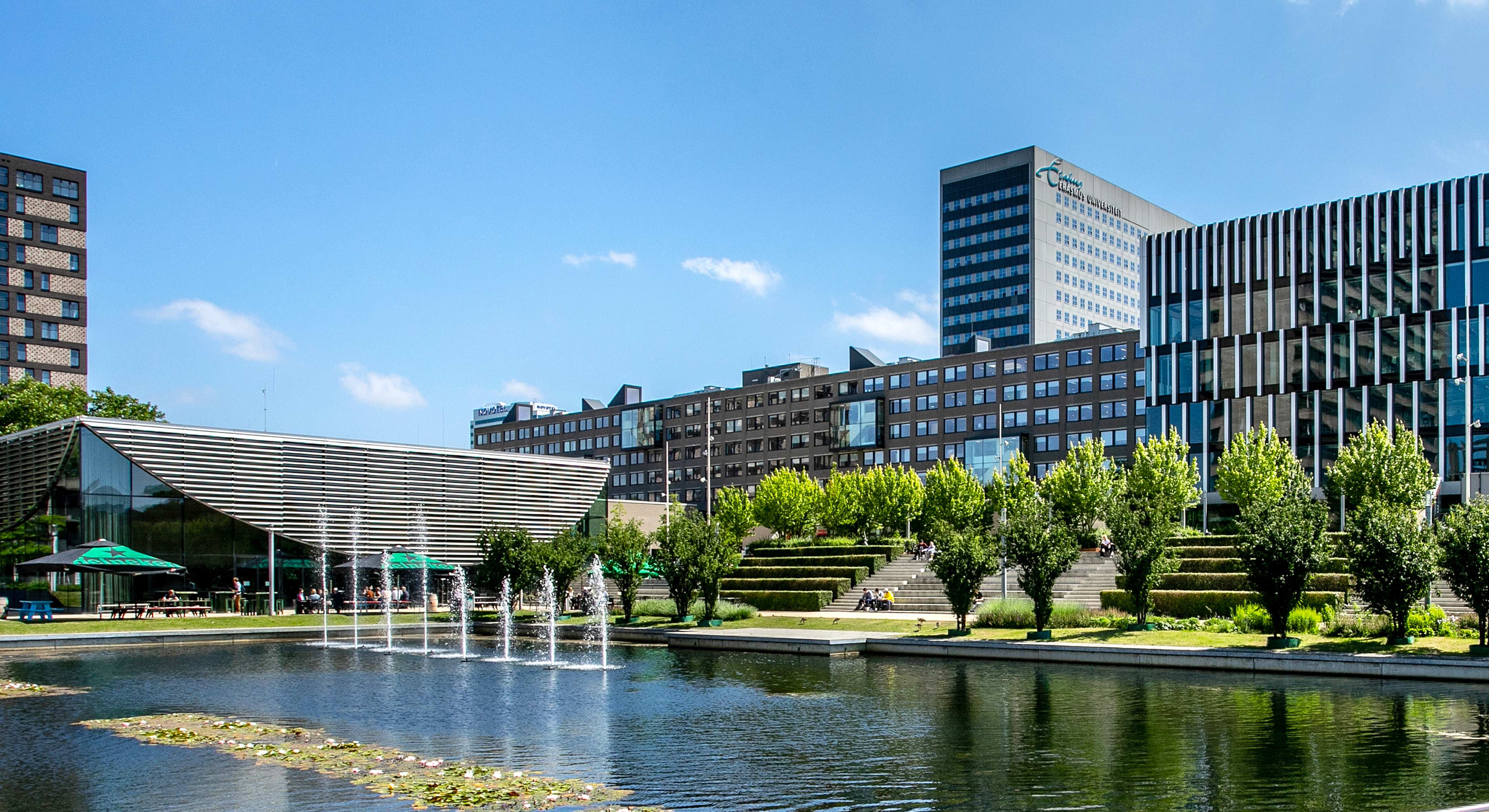
Most programmes start at 09:00. Finishing times are different for each programme. There’s also an approximate schedule in each programme’s brochure and on its webpages. When you register for a programme you will be given access to Canvas, our online learning system, and the full schedule is in Canvas. Your programme manager will hand out a detailed schedule on the first day of your programme.
Class sizes are usually between 12 to 24 people, but it does depend on the programme. We aim for a balance between allowing capacity to guarantee individual attention, and achieving a good group dynamic and networking opportunities.
Yes. Alumni from RSM and Erasmus University Rotterdam receive a 25 per cent discount. RSM alumni are those who have completed either a Bachelor of Science, Master of Science, PhD or at least one executive education programme of more than 40 hours duration. Participants of open programmes of less than 40 hours do not receive a discount. Companies sponsoring several participants may also be offered a special price.
These programmes are excluded from this alumni discount:
Programme fees include tuition, programme materials, plus lunch and refreshments throughout the programme. Hotel accommodation is not included, unless mentioned otherwise in the programme information.
If you require hotel accommodation, we recommend the Novotel Rotterdam Brainpark Hotel and the Bilderberg Park Hotel. Both hotels are located in Rotterdam, accessible to the university, and participants can benefit from special rates.
Please note that due to high demand, we advise you to book your hotel stay for any program as early as possible with a flexible rate.
Our general terms and conditions apply when you register for an open programme. Please review them to learn more about our policies for cancellation, deferral and substitution.
If you have more general questions, we recommend you explore our more in-depth FAQs page. If you are looking for personal advice, then please contact one of our advisors using the contact form below.

Global trends such as changes in international trade, energy transition & digitization require innovative solutions on how to make ports and organizations ready for the future. These challenges require staff with a deeper and more understanding of the complex dynamics of the port industry. Rotterdam is one of world’s leading maritime capitals. The port of Rotterdam is internationally often seen as one of the best practices for efficient and sustainable port development and socially responsible port management. The knowledge and expertise captured in Rotterdam’s port ecosystem is highly valuable for (future) experts and leaders in the (international) port industry.

Erasmus Centre for Urban, Port and Transport Economics is a research and education company founded by Erasmus University Rotterdam. We provide government and industry with cutting-edge knowledge, international best practice advise and workable policy recommendations. At the core of Erasmus UPT's business are three main themes: cities and regions, ports and logistics, transport and mobility. Erasmus UPT's staff of experts has extensive international experience and a long tradition of 'making science work.' Through its education programs, Erasmus UPT aims to offer its students excellent education on topics and issues relating to Urban, Port and Transport Economics.
Director Erasmus UPT